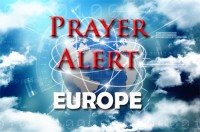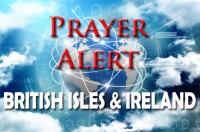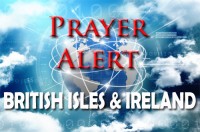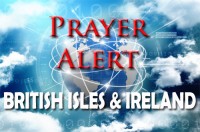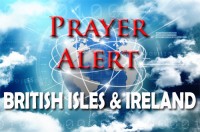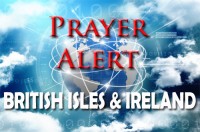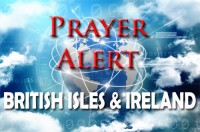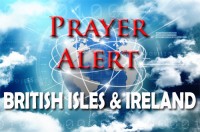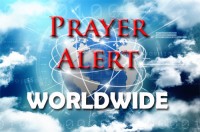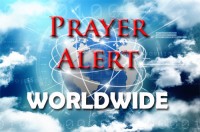Europe: summits on refugee crisis
Europe’s migration crisis is hurtling towards a potentially defining turning point this month, with the pillars of the EU’s policy under sustained assault and German chancellor Angela Merkel facing the first electoral test of her refugee policy. EU leaders are preparing for emergency migration summits on 7, 17, and 18 March against the backdrop of desperate scenes at the Greece-Macedonia border, where migrants have been beaten back with tear gas. Four crucial components of Europe’s migration response are at stake: the centrepiece effort to stem irregular migration from Turkey; the capacity of Greece to cope with tens of thousands of migrants trapped on its territory; the willingness of Europe to unite behind a common policy; and the political patience remaining in Germany, the main destination for migrants reaching Europe. Intense diplomacy over the next fortnight may dictate whether the EU is able to get a grip or fracture and fall back on national defences against an expected influx this spring and summer.
Referendum - stories of border controls
French finance minister Emmanuel Macron has said that France could end UK border controls in Calais and allow migrants to cross the Channel if the UK leaves the EU. Conservative MP Bernard Jenkin said that propaganda was being produced by other European governments at the request of our Prime Minister ‘to try to scare people away from voting to leave’. He told BBC Radio 4 that the French interior minister Bernard Cazeneuve had previously rejected claims by Mr Cameron that the border agreement with France would end if Britain voted to quit the EU. Mr Jenkin added, ‘We pay a great deal of money into the EU and it subsidises a great deal of French farming. They don't want us to leave the EU. But this is a choice for the British people not for the French government, and we're being asked to believe all sorts of ludicrous things.’
Schools Pastors
Like Street Pastors, the Schools Pastors initiative helps Christians to be relevant to and engaged with their communities. Teams are now operating in sixteen areas across the country, in secondary schools and in the post-16 sector, with more teams in the pipeline. Schools Pastors go on patrol at times and locations agreed with the school: listening, observing and looking out for young people that are vulnerable. They build links with students, parents, school-crossing patrols and other professionals. Most of all they aim to be prayerfully aware of God's direction in all that they do as they work with pupils experiencing difficulties in some area of their school life. They will build relationships with pupils who are disruptive in class, finding it difficult to participate/engage in classroom learning, regularly being excluded from class, or on final warnings for exclusion from school.
Peacemaking role of the UK Church in Sudan
On Monday Baroness Cox asked the Government what assessment they had made of the continuing offensives by the government of Sudan against civilians in Blue Nile and South Kordofan states. The Bishop of Leeds and the Bishop of Salisbury have particular links with Sudan and play a key role with its Anglican Episcopal Church as peacemakers, maintaining ministry and pastoral support on the ground in these areas. She asked the Government to put pressure on the Sudanese government regarding the illegal confiscation of church properties and oppression of Christians, especially in those two states. Pray for the important role that our faith communities play in other countries experiencing war. Pray for our Government to speak more boldly, alongside faith communities, in conversations with the Sudanese government. Pray that these conversations will succeed in enabling people to live freely and practise their faith freely.

